Eat These Foods to Keep Your Appetite in Check
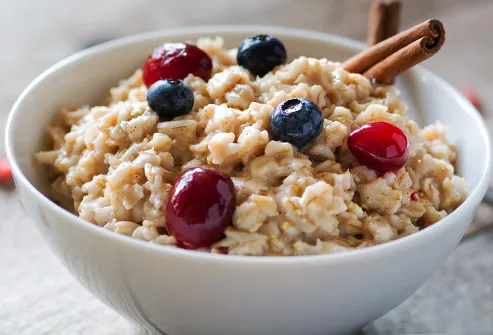
A bowl of this stuff in the morning can keep you going all day. Part of the reason is all the fiber. It fills you up and lets your body absorb the oatmeal’s nutrients more slowly. That keeps your energy steady. It may even help you eat fewer calories over the course of the day.
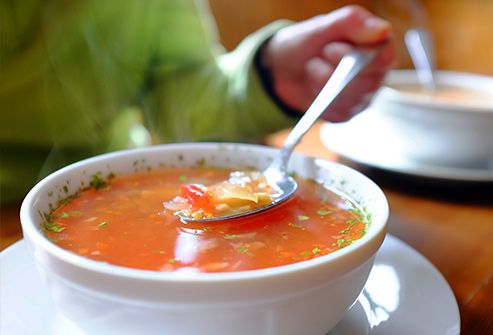
The liquid helps fill your stomach but doesn’t add many calories because it’s usually made with a lot of water. Just be sure to go for a broth-based recipe, like vegetable soup or those made with chicken or beef broth. Cream-based soups have far more calories.
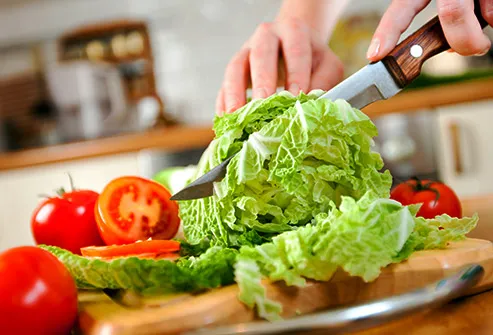
Part of the secret to filling up without putting on weight is to eat foods with fewer calories per bite. It’s hard to beat salad and other vegetables in that area. Along with fiber, many are loaded with vitamins and minerals. Have a salad as your entrée, or eat a small one before your main meal to keep from eating too much. Just don’t add too many unhealthy extras, like cheese, croutons, and dressings.
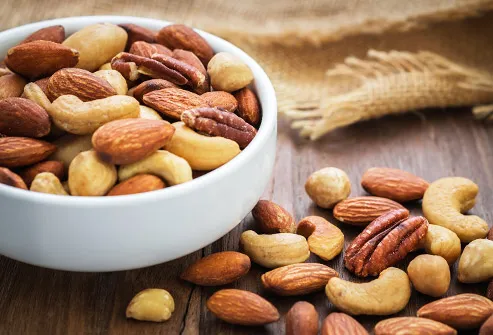
They’re high in fat, which gives them more calories per bite. So that’s bad, right? Not necessarily. The fat and protein in nuts may prompt the body to give off hormones that help you feel full. Plus, the fats are the unsaturated, “good” kind, which help your cholesterol and blood sugar levels, too. Just watch the portion size. One ounce is all you need -- about a small handful.
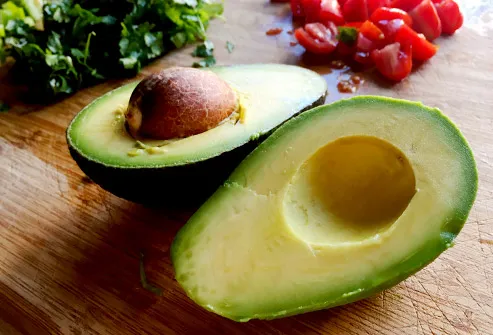
Even though they’re full of fat, people who eat them in moderation tend to have less body fat. Part of the reason may be that if you eat avocados you’re more likely to eat lots of vegetables, too. Portion size is key, though. One-third of a medium avocado has about 80 calories. But they’re delicious with nothing but a thin slice of whole-grain toast.
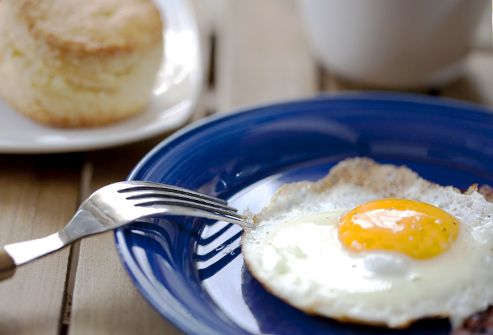
If your goal is to stay full until lunch time, these are a better breakfast choice than a bowl of cereal. They have fewer calories than you might think -- 78 in a large, hard-boiled egg -- and lots of protein. They’re so satisfying that they could help you eat less during the day if you have them for breakfast, especially if you’re overweight.
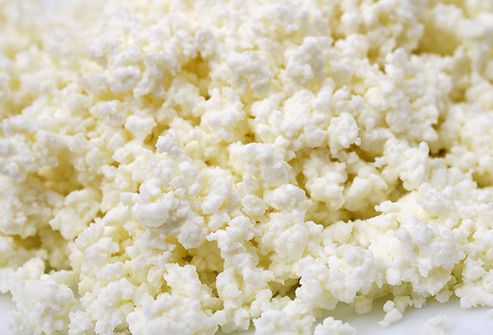
It’s a good substitute if eggs aren’t your thing, because it seems to have the same kind of effect on appetite. At 163 calories in a cup, low-fat cottage cheese also has protein and is better at keeping hunger away.
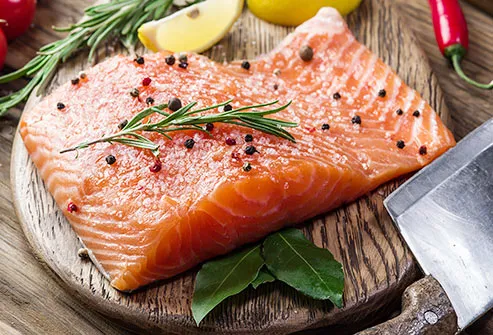
It’s a healthy source of protein, which tends to make you feel fuller than carbohydrates. Plus, the omega-3 fatty acids in a lot of seafood -- especially fatty fish like salmon -- are particularly good at satisfying hunger.
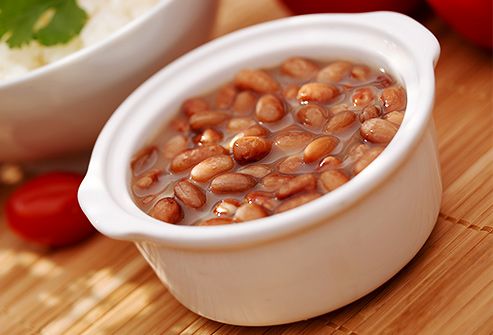
People who eat them are often more satisfied between meals. Over the long term, this may translate into less body fat and a healthier weight. This makes sense: They’re light on calories but packed with protein and filling fiber.
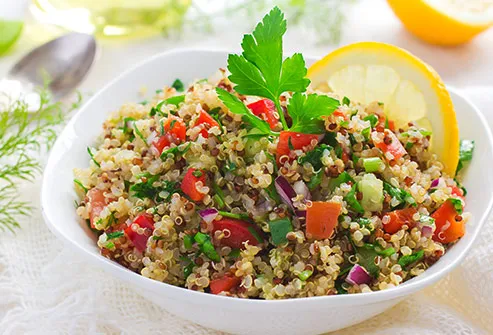
It’s higher in fiber than most other grains, which means it fills you up more. It also has more protein. All told, it will keep you feeling full for longer than white or brown rice.
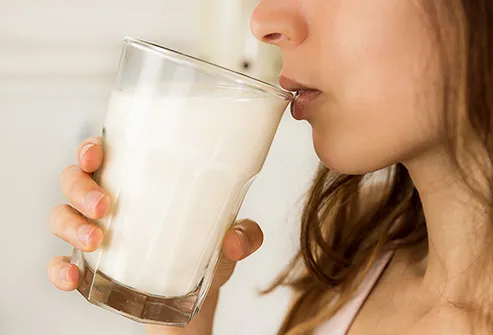
Full-fat dairy gets a bad rap. But some studies say that it doesn’t seem to make you put on weight. It may affect your cholesterol levels, though. Talk to your doctor before you start drinking more of it if you already have high levels of “bad” cholesterol, or if you don’t know your levels.
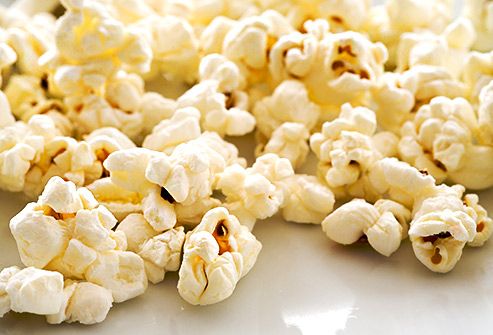
Feeling snacky? Skip the chips and candy and go for popcorn instead. It’s a satisfying mix of fiber and low calories -- as long as you don’t load it up with butter or oil. Part of the reason may be the air that puffs it up when it pops. That makes it take up more room in your belly, which may make you feel fuller.
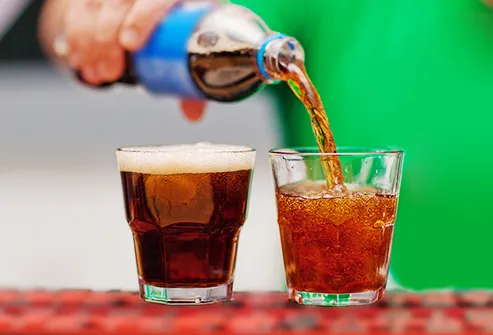
Highly processed foods like soda, candy, and even white bread have little nutrition and dump too much sugar into your blood at once. Your body stores the extra as fat and leaves you hungry for more. Lean protein, unsaturated fats, and carbs with more fiber and nutrition (like whole grains, fruits, and vegetables) take longer to digest, satisfy your hunger, and provide a steady stream of energy.
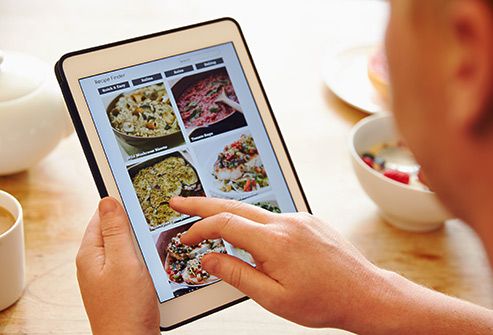
You can’t eat oatmeal or popcorn all day and expect to stay healthy. Any food, however low-calorie or nutritious, is only good for you as part of a healthy, balanced diet that includes a wide variety of nutritious foods. Talk to your doctor or go to find the best balance for you.
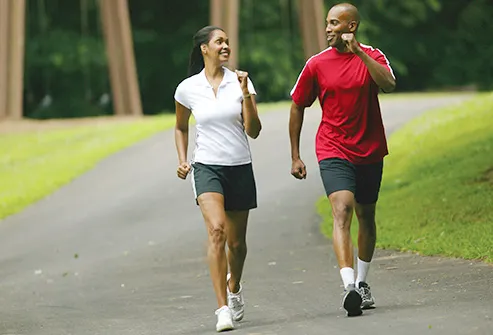
How full (and filled out) you get depends on more than just food. If you don’t get enough sleep, you may eat more than you need. And you’re more likely to reach for snacks that have more calories and more fat. Exercise can help you burn those calories. You should get about 30 minutes of exercise a day at least 5 days a week. Even 10 minutes at a time through the day can make a big difference in how your body uses the food you eat.